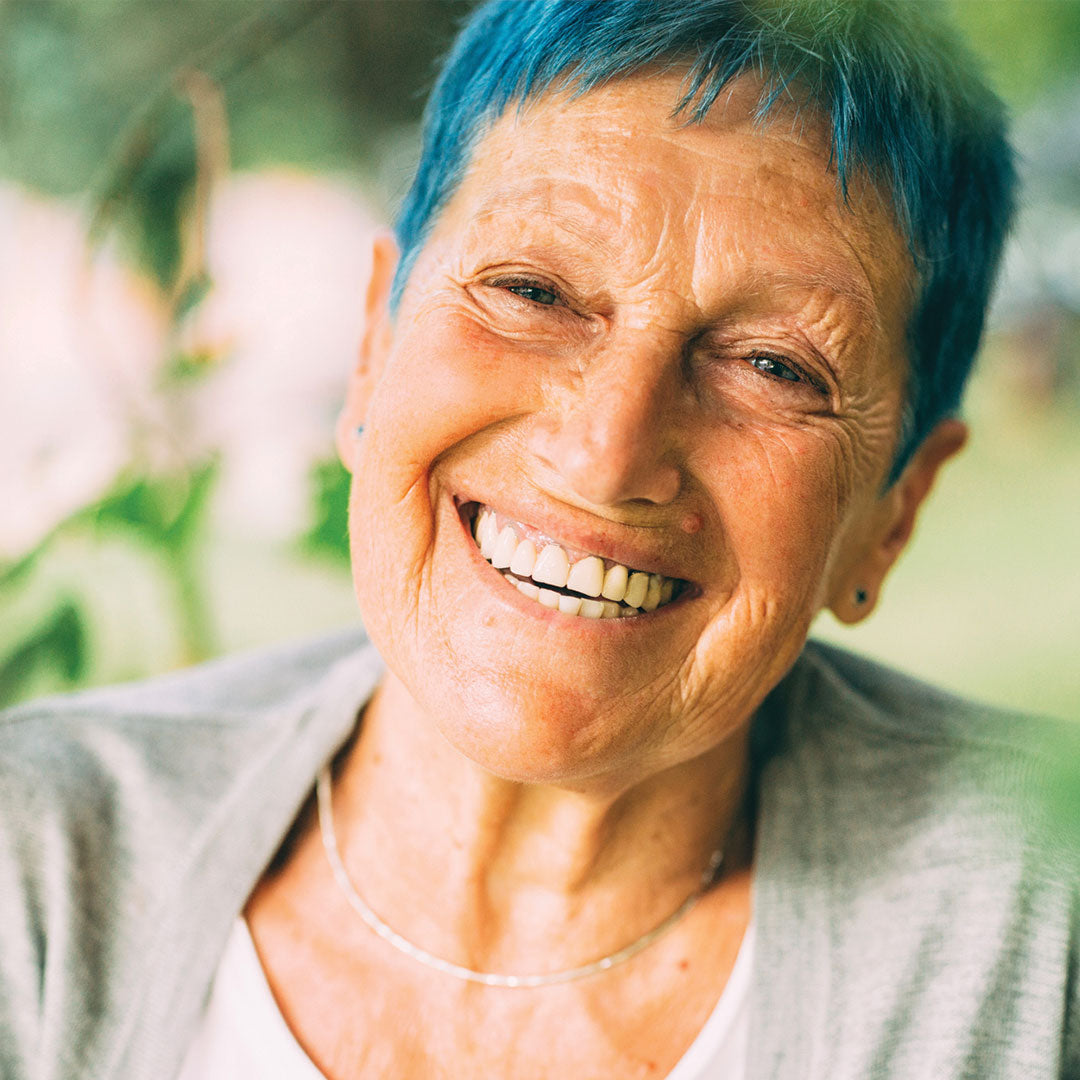Short answer: yes, but TAKE CARE!
What’s the problem with hair dye?
Sensitive, damaged or flare-up skin can react very painfully to the chemicals in hair dye. They can sting on application if the skin is broken, and once in the bloodstream the chemicals can cause a reaction that results in itching, inflammation and further damage to the scalp.
Hair dye can set up a cycle of itch-scratch-damage that can be hard to break.
Whether you have seborrheic dermatitis, eczema, psoriasis or rosacea, everyone reacts differently to different substances so it’s impossible to tell how different combination of chemicals in hair dye will affect you personally. But there are definitely things you can do to make things easier!
Our Top Ten Tips For Dyeing Your Hair:
- Wait for any flare-up to pass before dyeing your hair
- Use an intensive conditioning treatment - like Balmonds Scalp Oil - two days before dyeing your hair to prepare your scalp
- Choose dyes that don’t contain phenylenediamines, ammonia, or hydrogen peroxide
- Always patch test dyes for 24 hrs before treating the whole head
- Protect your skin with Skin Salvation before you dye: apply to ears, forehead, neck and around the hairline
- Work very gently so as not to damage skin; no vigorous rubbing, towelling or brushing
- Use warm not hot water
- The hair itself isn’t affected by dye, it’s your skin that is likely to react, so dye hair from 3mm away from the scalp - or even just the ends.
- Use natural, SLS-free, unperfumed hair care as routine to reduce risk of flare-ups
- Go natural - try henna or similar 100% natural colouring agents instead of synthetics.
Recommended products:
Balmonds Scalp Oil
with tea tree, nettle, borage & rosemary
Balmonds Skin Salvation
with hemp and beeswax
